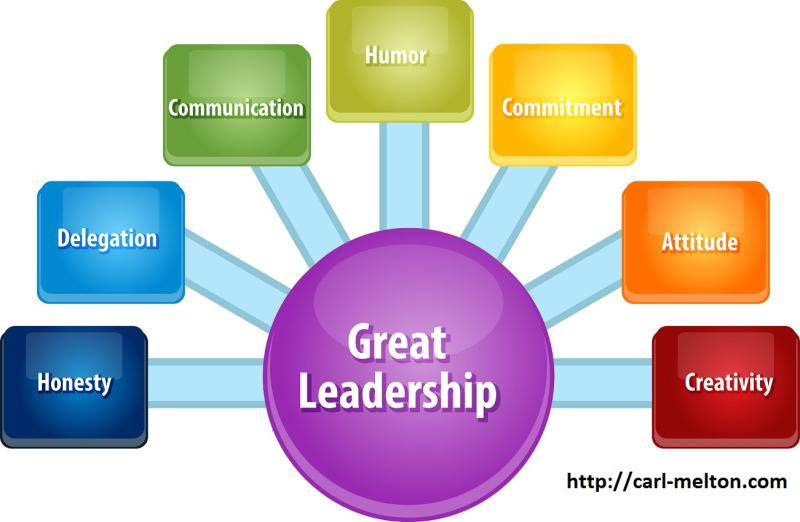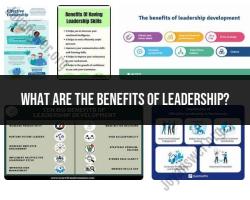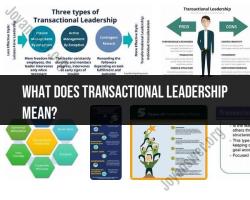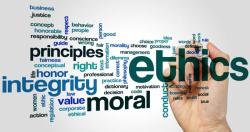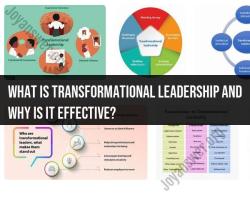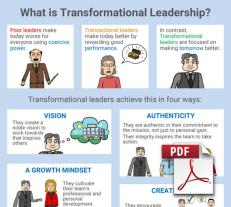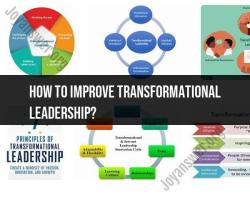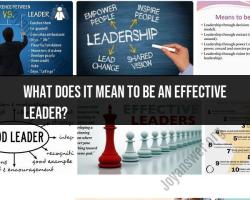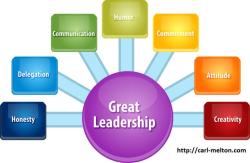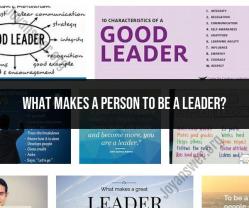What are the key qualities of good leadership?
Effective leadership is a complex and multifaceted concept that encompasses a wide range of qualities, skills, and behaviors. While there is no one-size-fits-all approach to leadership, there are some core qualities that are essential for success in any leadership role.
1. Vision and Inspiration
Effective leaders have a clear vision for the future and are able to inspire others to share that vision. They can articulate their goals in a way that is both motivational and realistic, and they can create a sense of purpose and direction within their teams or organizations.
2. Communication and Transparency
Effective leaders are excellent communicators. They are able to clearly and concisely convey their ideas to others, and they are also skilled at listening and understanding diverse perspectives. They are also transparent in their communication, keeping their team or organization informed about important decisions and changes.
3. Decision-Making and Problem-Solving
Effective leaders are able to make sound decisions under pressure. They can gather and analyze information, weigh different options, and make choices that are in the best interests of their team or organization. They are also able to effectively solve problems, identifying root causes and developing creative solutions.
4. Delegation and Empowerment
Effective leaders know how to delegate tasks and empower others to take ownership of their work. They trust their team members and give them the autonomy they need to succeed. They also provide their team with the support and resources they need to perform their jobs well.
5. Motivation and Recognition
Effective leaders are able to motivate their team members to achieve their full potential. They create a positive and supportive work environment, and they recognize and reward individual and team achievements.
6. Emotional Intelligence
Effective leaders have a high level of emotional intelligence. They are able to understand and manage their own emotions, as well as the emotions of others. They are also able to build relationships and rapport with others, and they are empathetic and compassionate.
7. Adaptability and Flexibility
Effective leaders are able to adapt to change and are flexible in their approach. They are not afraid to take risks, and they are willing to experiment with new ideas. They are also able to adjust their plans and strategies as needed, based on new information or changing circumstances.
8. Integrity and Ethics
Effective leaders have a strong sense of integrity and ethics. They are honest and trustworthy, and they always hold themselves and others accountable to high standards. They make decisions that are fair and just, and they are always mindful of the impact of their actions on others.
9. Continuous Learning and Growth
Effective leaders are committed to continuous learning and growth. They are always seeking new knowledge and skills, and they are open to feedback and coaching. They are also humble and willing to admit when they are wrong.
10. Passion and Commitment
Effective leaders are passionate about their work and are committed to their team or organization. They are driven to succeed, and they are never satisfied with the status quo. They are also willing to put in the hard work and dedication that is necessary to achieve their goals.
These are just some of the core qualities of effective leadership. While no one leader will have all of these qualities, the more of them a leader possesses, the more likely they are to be successful.
What are the essential qualities and characteristics of a good leader?
Essential qualities of a good leader include:
- Vision: The ability to set a clear vision and goals for the team or organization.
- Communication: Effective communication skills to articulate ideas and guide others.
- Empathy: Understanding and considering the needs and perspectives of team members.
- Integrity: Honesty, ethics, and consistency in decision-making.
- Adaptability: The capacity to respond to change and adversity.
- Influence: The power to inspire and motivate others.
- Problem-Solving: The skill to address challenges and find solutions.
- Accountability: Taking responsibility for actions and outcomes.
- Decision-Making: Making informed and timely decisions.
- Resilience: The ability to bounce back from setbacks.
How do these key qualities contribute to effective leadership in various contexts?
These qualities contribute to effective leadership by:
- Fostering a shared vision and direction.
- Building trust and strong relationships.
- Navigating challenges and conflicts.
- Inspiring and empowering others.
- Driving innovation and growth.
- Promoting ethical behavior and organizational values.
Are there specific leadership traits that are universally valued and recognized?
Certain leadership traits, such as integrity, communication, empathy, and adaptability, are universally valued and recognized across cultures and contexts. These traits form the foundation of effective leadership and are often considered timeless and universal.
How can individuals cultivate and enhance these qualities to become better leaders?
Individuals can cultivate and enhance leadership qualities by:
- Self-awareness: Understanding their strengths and weaknesses.
- Education and training: Developing leadership skills through courses and workshops.
- Seeking mentorship and feedback: Learning from experienced leaders.
- Practicing empathy and active listening.
- Setting and pursuing personal and professional growth goals.
Can leadership qualities be learned and developed over time?
Yes, leadership qualities can be learned and developed over time. While some individuals may have innate leadership traits, most leadership skills can be cultivated and honed through education, experience, and a commitment to personal growth. Continuous learning and practice are key to becoming a better leader.
